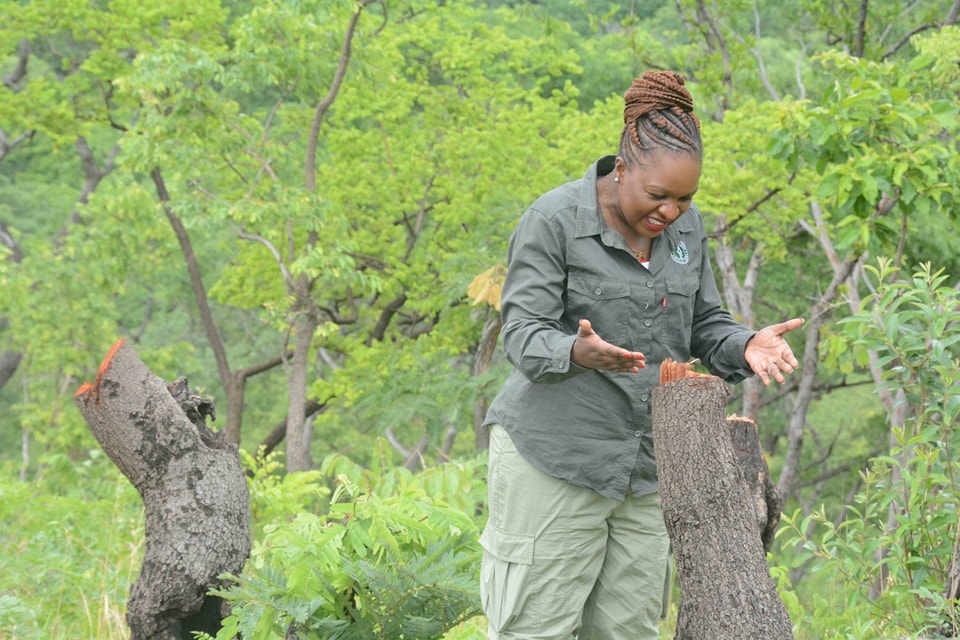VP challenges private sector on investments
Vice-President Saulos Chilima has challenged the private sector to pounce on several investment opportunities worth billions of kwacha that, if well implemented, could inject multiplier effects into the economy and help it achieve broad-based growth.
Chilima, who continues to consistently hammer the message that “government is not in the business of doing business”, said this during a presentation to the business community in Blantyre last week on the public service reforms that President Peter Mutharika tapped him to champion.

The Vice-President’s challenge to the private sector comes at a time when the business community has been crying for a more expansive inclusion and a better environment to invest in a number of areas that can turn the country’s economy around.
Making a presentation titled, ‘Investment Opportunities, which Business News has seen—to members of the Malawi Confederation of Chambers of Commerce and Industry (MCCCI), Chilima appealed to the industry captains to grasp the opportunities.
Among others, the Veep challenged the local investors to construct houses that the Malawi Defence Force (MDF) and the Malawi Police Service (MPS) would occupy, saying currently the Army alone spends about K3.5 billion per year paying rentals for staff housed outside the barracks.
With a capital of about K8.5 billion, Chilima also said there was a viable investment opportunity for a military hospital.
“The MDF alone spends about K700 million annually on referrals outside the country. This money can be spent within the country if any of you constructs such a facility,” he said during the presentation.
The VP also sold an idea to the investors to construct hostels, staff houses as well as clinics in public universities to help ease pressure on government.
“Apart from this, you can also rehabilitate or modernise some government schools in Public-Private sector Partnerships [PPPs]. Apart from the business side, this would also help improve education and save the forex that most of you use to pay for secondary education of your children outside the country,” he said.
The private sector players were also challenged to invest in the energy sector so that the country generates sufficient power for both household and industrial use.
Malawi is currently suffering from a shocking energy gap that is constraining major investment projects such as mining from taking off.
According to a recent paper by the Ministry of Natural Resources, Energy and Mines, the mining industry alone currently needs 752 megawatts (MW) of energy to operate, yet at normal running, Escom produces just 351 megawatts for nationwide use.
Consequently, several multi-billion kwacha mining projects are failing to start in earnest due to inadequate energy as the country’s derisory capacity to generate electricity frustrates their investments, strategic and operational goals.
One such project is the heavy mineral sands mining venture and processing that needs 500MW—with 300MW demanded at Makanjira in Mangochi and 200MW wanted at a site in Salima.
Bauxite mining and processing is delaying to start due to power supply shortage as it requires 150MW.
The same challenge has paralysed niobium mining and processing, which requires 15MW that is not just coming while rare earth mining and processing’s demand of 20MW cannot just be met.
The story of uranium mining and processing by Paladin (Africa) Limited in Karonga is well documented—they need 12MW and when they saw that it would not be coming any time soon, they launched the project using diesel, which raised operating costs.
Meanwhile, Malawi needs 70MW more for general economic development, which is currently being suppressed due to the energy gap, according to the ministry’s paper.
What this means is that Malawi’s proven mineral wealth that could potentially transform the country’s economic fortunes and sharply cut poverty remains deeply buried in the ground simply because the country cannot produce enough electricity to power sustainable extraction of the metals.





